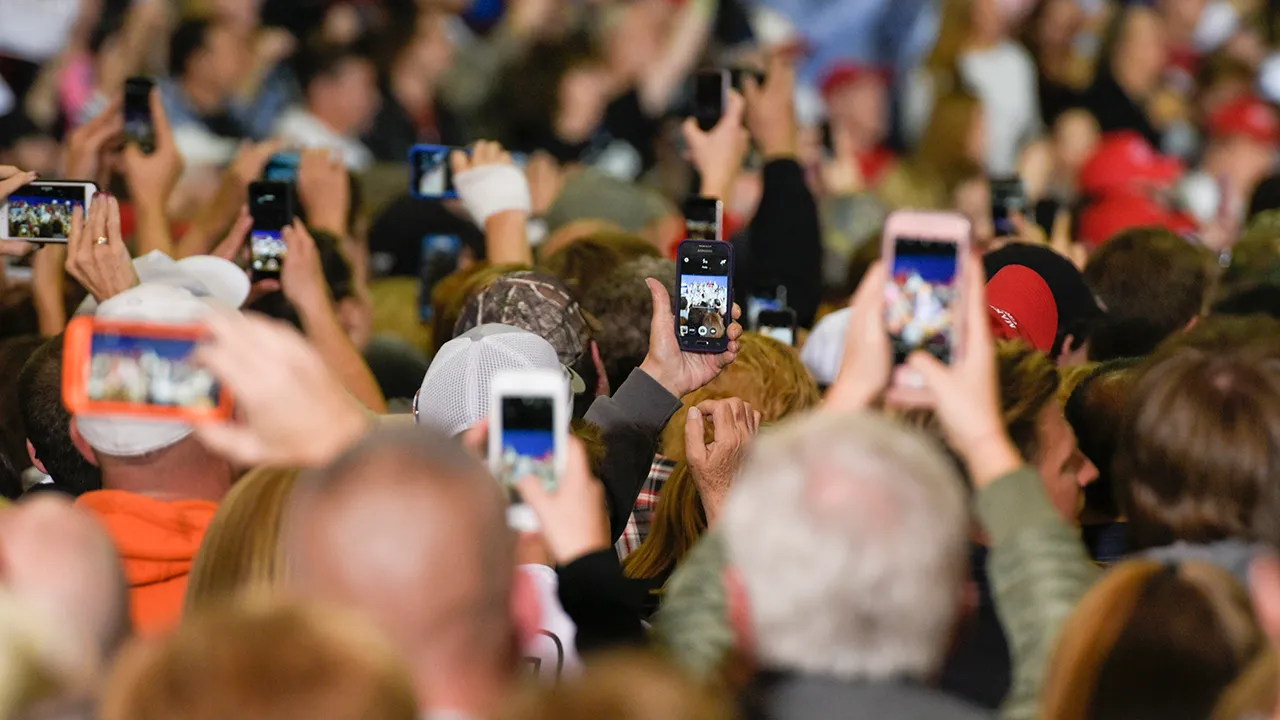The Role of Social Media in Modern Political Campaigns: A Digital Democracy
In the digital age, the landscape of political campaigns has undergone a revolutionary transformation, with social media emerging as a potent force shaping political discourse and engagement. Social media platforms like Facebook, Twitter, Instagram, and YouTube have fundamentally altered the way political campaigns are strategized, executed, and perceived. This article delves into the multifaceted impact of social media on modern political campaigns, highlighting its potential, challenges, and implications for democratic processes.
The Power of Connection:
Social media's ability to connect politicians directly with constituents on a real-time basis has revolutionized political communication. Candidates can instantly share their platforms, engage in direct conversations, and humanize themselves through personal anecdotes, fostering a sense of authenticity and relatability. This direct line of communication has effectively bridged the gap between politicians and voters, enabling a more intimate and participatory engagement.
Amplifying Reach and Engagement:
Modern political campaigns harness the viral nature of social media to amplify their reach beyond traditional boundaries. Posts, tweets, and videos can quickly go viral, spreading campaign messages to millions in a matter of hours. Engaging and shareable content encourages supporters to become campaign advocates, thereby extending the campaign's reach and influencing a wider audience. Hashtags, challenges, and user-generated content further contribute to the exponential growth of campaign visibility.
Targeted Messaging and Micro-Targeting:
Social media platforms offer sophisticated tools for micro-targeting, allowing campaigns to tailor messages based on demographics, interests, and behaviors. This enables candidates to create highly personalized content that resonates with specific voter segments, optimizing the impact of their messages. The ability to reach potential supporters with precision has rendered social media an indispensable tool for maximizing campaign resources and mobilizing specific constituencies.
Real-Time Feedback and Rapid Response:
Social media provides an instantaneous feedback loop, enabling campaigns to gauge public sentiment in real-time and adapt their strategies accordingly. Candidates can swiftly address controversies, respond to criticism, and correct misinformation, thus maintaining control over the narrative. This dynamic responsiveness enhances transparency and fosters a sense of accountability, which are crucial elements of a healthy democratic discourse.
Challenges and Ethical Considerations:
While the power of social media in political campaigns is undeniable, it also raises important ethical considerations. The spread of fake news, echo chambers, and filter bubbles can contribute to the polarization of public opinion and hinder constructive debate. Additionally, concerns regarding data privacy, algorithmic bias, and foreign interference underscore the need for robust regulations to ensure a fair and transparent digital campaign environment.
The role of social media in modern political campaigns is undeniably transformative, empowering candidates to connect, engage, and mobilize voters like never before. Its ability to amplify reach, facilitate targeted messaging, and enable rapid response has redefined the dynamics of political communication. However, the impact of social media on democracy remains a double-edged sword, necessitating a delicate balance between harnessing its potential and addressing its challenges. As technology continues to evolve, the role of social media in political campaigns will continue to shape the future of democratic engagement and participation.

